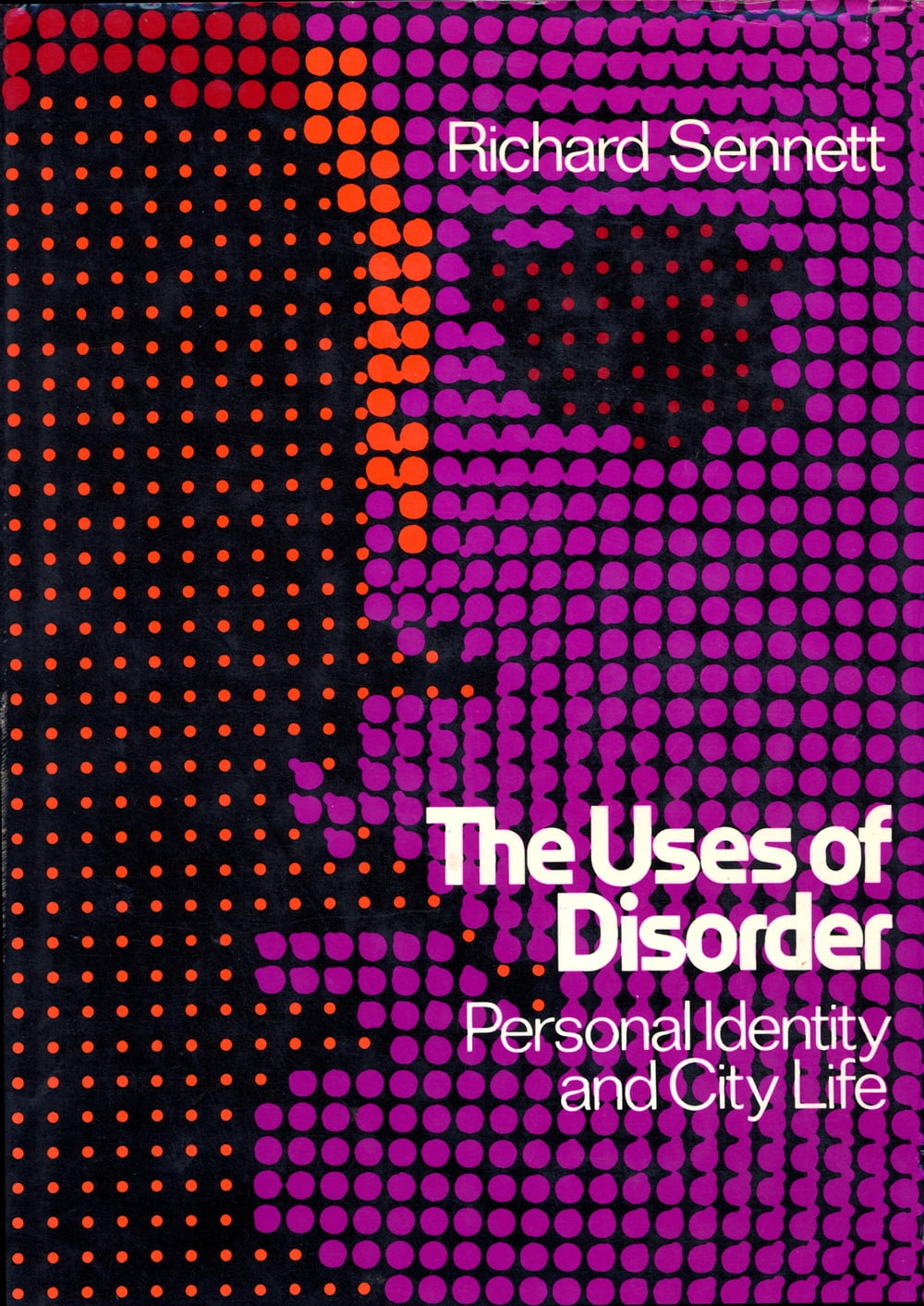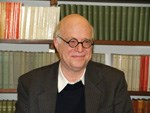Uses of Disorder
The excitement of the brilliantly innovative book is that it challenges the reader to revise his concept of order—and to consider the seemingly disparate problems of the individual personality and the urban society in the light of a fresh, unified framework that has the shock of new truth. Drawing on recent ideas in psychology, sociology, and urban history, Sennett shows how the excessively “ordered” community freezes adults—both the fierce young idealists and their security-oriented parents—into rigid attitudes that originate in adolescence and stifle further personal growth. He explains how the accepted ideal of order generates patterns of behavior among the urban middle cases that are stultifying, narrow, and violence-prone. He demonstrates that most city planning has been conducted with the same rigidity, and shows, in specific and human terms, why that approach has not solved and cannot solve our cities problems. The Uses of Disorder is not only a critique of the ways in which the affluent city has failed as a place where the individual—even the affluent individual—can grow. It is also an exploration of new modes of urban organization through which city life can become richer and more life-affirming. The author proposes and projects in concrete terms (including a new use of the police) a functioning city that can incorporate anarchy, diversity, and creative disorder to bring into being adults who can openly respond to and dealt with the challenges of life. Thus, Richard Sennett, more aware of the nature of human nature than most Utopians of the past, sees progress in the creation of new urban relationships that will protect, not stability, but diversity and change. Out of his books, with its free and imaginative insights grounded in a strong sense of present-day realities, emerges the vision of a fully affluent and libertarian society—an arena that will welcome a rich variety of individuals, and accept the conflict that stem from such variety as not merely inevitable but life-giving.
-
Autore:
-
Anno edizione:2012
-
Editore:
-
Formato:
-
Lingua:Inglese
Formato:
Gli eBook venduti da Feltrinelli.it sono in formato ePub e possono essere protetti da Adobe DRM. In caso di download di un file protetto da DRM si otterrà un file in formato .acs, (Adobe Content Server Message), che dovrà essere aperto tramite Adobe Digital Editions e autorizzato tramite un account Adobe, prima di poter essere letto su pc o trasferito su dispositivi compatibili.
Cloud:
Gli eBook venduti da Feltrinelli.it sono sincronizzati automaticamente su tutti i client di lettura Kobo successivamente all’acquisto. Grazie al Cloud Kobo i progressi di lettura, le note, le evidenziazioni vengono salvati e sincronizzati automaticamente su tutti i dispositivi e le APP di lettura Kobo utilizzati per la lettura.
Clicca qui per sapere come scaricare gli ebook utilizzando un pc con sistema operativo Windows




